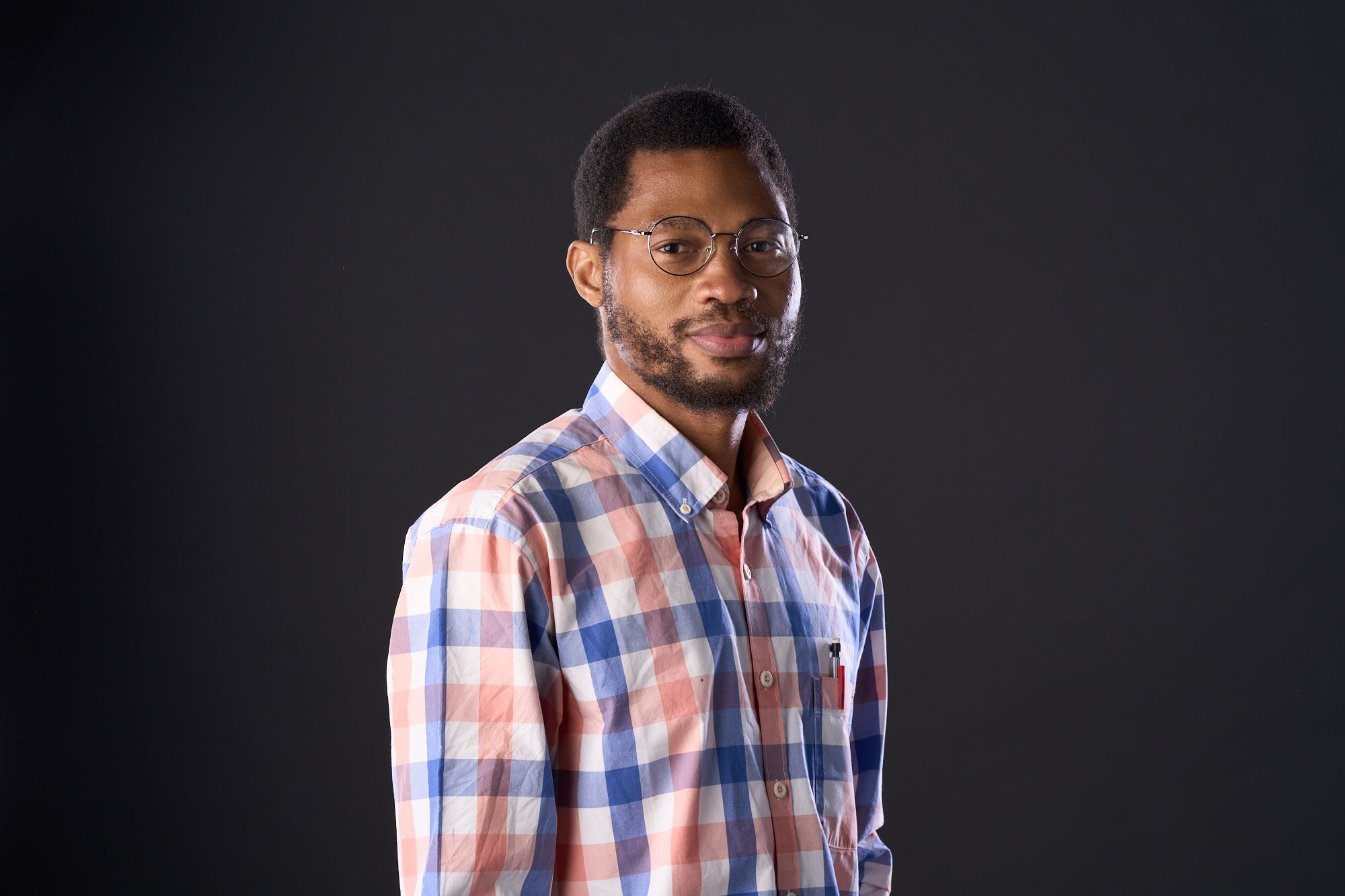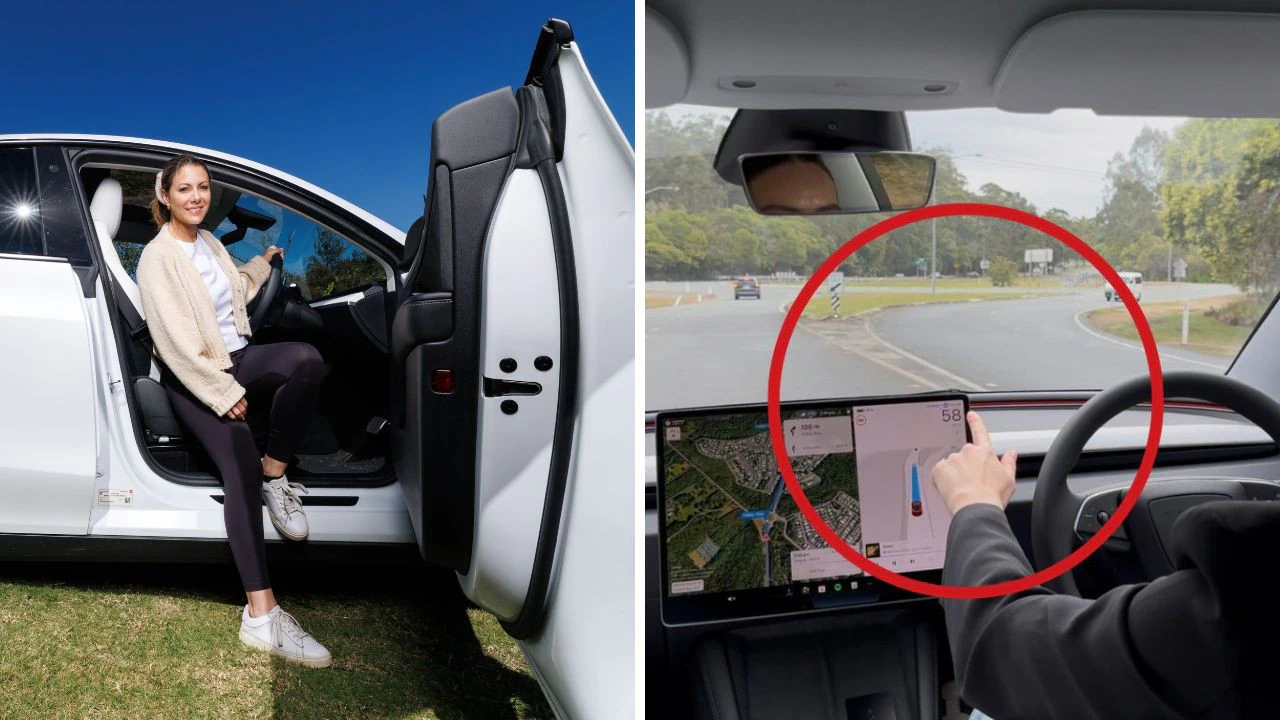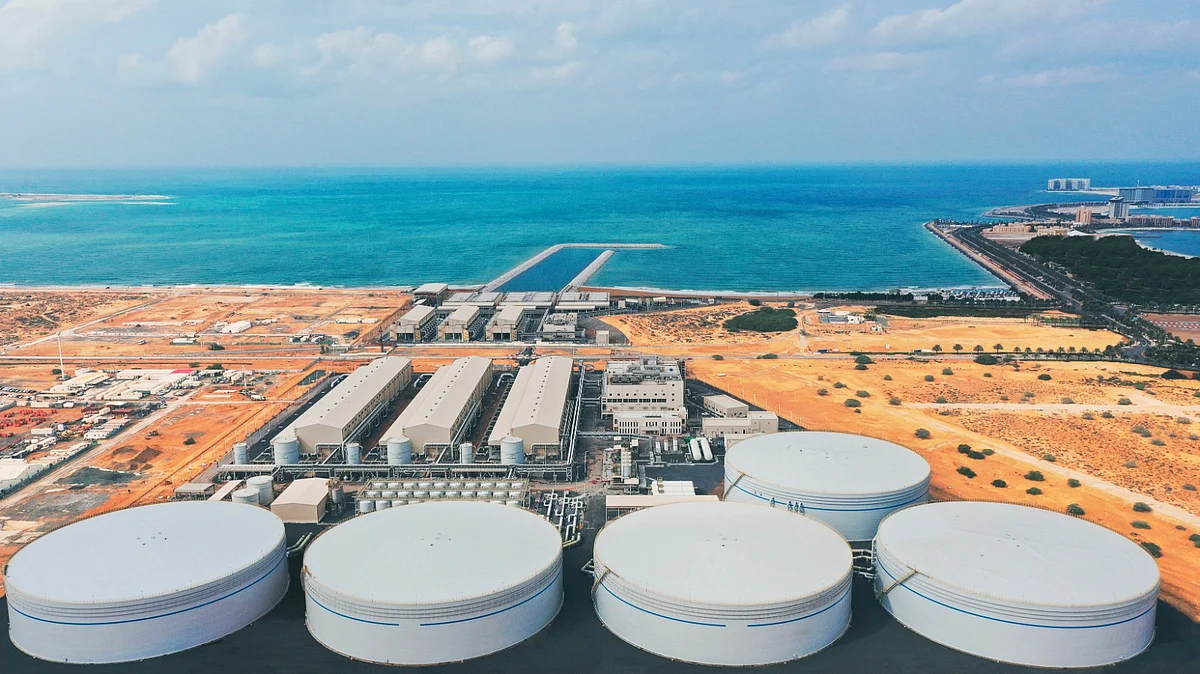By Adetomiwa Adesokan,New Telegraph
Copyright newtelegraphng

…Doctoral Researcher, University of Nevada, Reno
Artificial intelligence is rapidly becoming the invisible engine of modern life, powering electricity grids, hospital systems, transportation networks, and financial platforms across the United States.
Adetomiwa Adesokan, a doctoral researcher at the University of Nevada, Reno, warns that the same technology driving efficiency can also create new openings for cyber-attacks and data breaches.
This conviction led researchers, including Adetomiwa Adesokan, in the peer-reviewed study “Strengthening Security, Privacy, and Trust in Artificial Intelligence Software for Critical Infrastructure in the United States,” published in the Engineering Science & Technology Journal.
Working with colleagues from five U.S. universities, Adetomiwa Adesokan set out to demonstrate how machine learning can protect the very systems it helps to operate.
Cutting-Edge Findings
In the research, Adetomiwa Adesokan and his team analysed a large cybersecurity dataset of simulated network traffic and developed two ensemble machine-learning models—Random Forest and Gradient Boosting to detect malicious port-scanning activity, a common precursor to cyber intrusion.
Both models achieved flawless accuracy, precision, and recall, successfully identifying every malicious scan.
These results highlight AI’s potential to guard critical infrastructure.
Yet Adetomiwa Adesokan stresses that perfect scores in a controlled setting must be followed by rigorous real-world testing to ensure reliability in complex, unpredictable environments.
Beyond Technology: Building Security, Privacy, and Trust
Adetomiwa Adesokan emphasises that technology alone will not secure the nation’s essential systems.
He advocates a secure-by-design approach: encrypting data pipelines, protecting model inputs against adversarial attacks, and ensuring every algorithmic decision is explainable and auditable by human operators.
He further insists on strict privacy safeguards.
AI thrives on vast datasets often containing sensitive personal or medical information, and the researchers advocate strict governance, data anonymisation, and encrypted communication to maintain public confidence.
Transparency and accountability, supported by explainable-AI methods, complete the framework, giving regulators and citizens confidence that automated decisions are fair and accurate.
Policy and Public Partnership
Adetomiwa Adesokan and his team applaud early steps by the U.S. Department of Homeland Security and the new Artificial Intelligence Safety and Security Board to create national standards for AI deployment. However, he maintains that regulation alone cannot safeguard critical infrastructure.
Public awareness, workforce training, and collaboration between government and private industry remain equally essential to strengthen security and sustain trust.
A Collective Responsibility
For Adetomiwa Adesokan, the future of AI in essential services will be decided not only in code and servers but in the choices society makes together—engineers, policymakers, and citizens.
“Keeping the lights on in the AI era requires more than smart code,” Adetomiwa Adesokan affirms.
“It demands a partnership of technology, policy, and public trust.”



